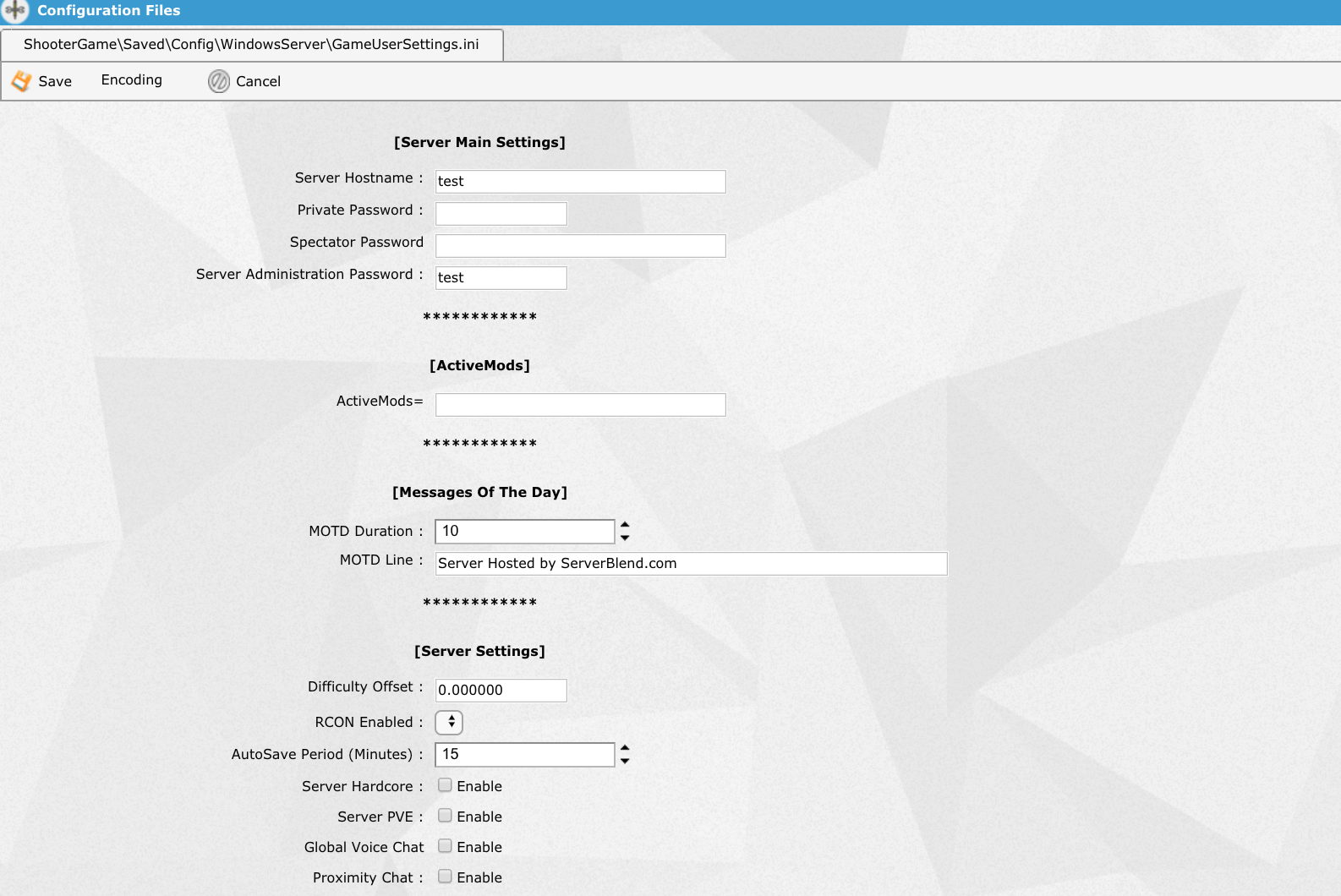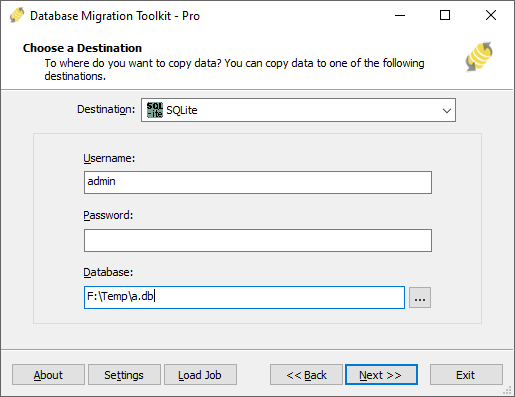

It is both database- and runtime-agnostic. SQLx is an asynchronous Rust SQL crate that features compile-time SQL query checks. ORMs also make you less prone to SQL injection attacks. Using ORMs, you can communicate with relational databases as if they are object-oriented.įor less experienced developers, using ORMs might be better because ORMs craft optimized SQL queries. ORMs are shipped with query builders, so you don’t have to worry about writing raw SQL queries. ORMs help object-oriented programmers abstract the details of relational databases. ORM stands for object-relational mapping. What is Diesel?ĭiesel is an ORM that supports PostgreSQL, MySQL, SQLite. To follow along with this tutorial, you will need a working knowledge of Rust along with the ability to access and use Rust, Rust’s build system and package manager Cargo, and a MySQL server instance.
Rust sqlite example update#

Help: `to_owned()` can be used to create an owned `String` from a string reference. | | `+` cannot be used to concatenate a `&str` with a `String`

I'm getting this compiler Error: error: no method named `query` found for type `std::result::Result` in the current scopeĩ1 | let id = db.execute("SELECT id FROM short_names WHERE short_name = '?1' ",params!).query(NO_PARAMS).expect("get record id fail") Įrror: binary operation `+` cannot be applied to type `&str`ĩ4 | let receiver = db.prepare("SELECT id FROM short_names WHERE short_name = "+short+" ").expect("") What I should be getting back is the id value sqlite automatically assigned with AUTOINCREMENT.

Let id = receiver.query(NO_PARAMS).expect("") Let receiver = db.prepare("SELECT id FROM short_names WHERE short_name = "+short+" ").expect("") Let id = db.execute("SELECT id FROM short_names WHERE short_name = '?1' ",params!).query(NO_PARAMS).expect("get record id fail") db.execute("insert into short_names (short_name) values (?1)",params!).expect("db insert fail") I'm writing a program where I need to get back the id from the last insertion that sqlite just created.


 0 kommentar(er)
0 kommentar(er)
